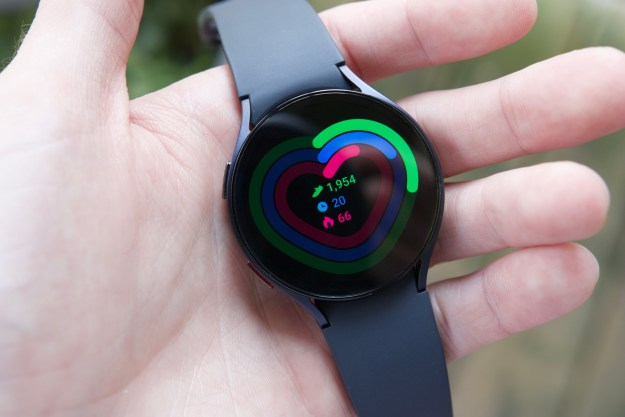The Fitbit acquisition made it evident Google isn’t prepared to give up on wearables just yet and if a new report is to be believed, the search engine giant is actively working towards rebooting those ambitions.
As per a South Korean publication, ETNews, Samsung is developing a new chip for Google that will power a sensor built for tracking body movements. Samsung is said to be both designing and producing this hardware — which is odd since Google has assembled a large team over the years to develop such chips in-house. For its Pixel phones, Google already bundles its own specialized silicon like the Pixel Visual Core that’s responsible for running the camera app’s HDR mode.
The rumor falls in line with Google’s recent efforts and this new chip could potentially future fitness trackers or smartwatches from the company. Since the order has just gone through, however, it’s likely we won’t see this chip in commercial products anytime soon.
What’s more, ETNews adds that Samsung has obtained orders from Google for more than one chip. While details for the rest of the contracts remain unclear at the moment, this corroborates an earlier report by Axios that claimed Google is developing its next-gen smartphone and Chromebook processor in collaboration with Samsung. This ARM processor will reportedly have eight cores and optimizations for Google’s machine-learning technology, most of which will be reserved for improving the performance and always-on capabilities of the Google Assistant.
Given Samsung’s success with its own line of Galaxy wearables and Google’s lack of experience in the fitness field, the latter may simply be looking for more expertise to design these dedicated chips. It’s worth noting that Fitbit doesn’t build processors in-house for its smartwatches and trackers either.
It’s unlikely Google will introduce any wearables this year. The company has already confirmed it will introduce two other phones later this year: A 5G variant of the recently launched Pixel 4a and its next flagship phone, the Pixel 5.
Google’s Fitbit acquisition itself has come under scrutiny in Europe as the local watchdog has launched a full-scale investigation into how the merger will affect competition and users’ personal data.
Editors' Recommendations
- 5 phones you should buy instead of the Google Pixel 8
- What is Bixby? How to use Samsung’s AI assistant
- Google Messages vs. Samsung Messages: Which app should you use?
- The OnePlus 12 has one big advantage over Samsung and Apple
- There’s something Samsung didn’t tell you about the Galaxy S24




